A 35-state trial, partially backed by OpenAI CEO Sam Altman, has shown a series of positive results following unconditional $1000 a month payouts to participants.
The concept of a Universal Basic Income (UBI) is to provide citizens with a set ‘basic’ income each month, intended to cover basic needs.
Large, Multi-State Trial
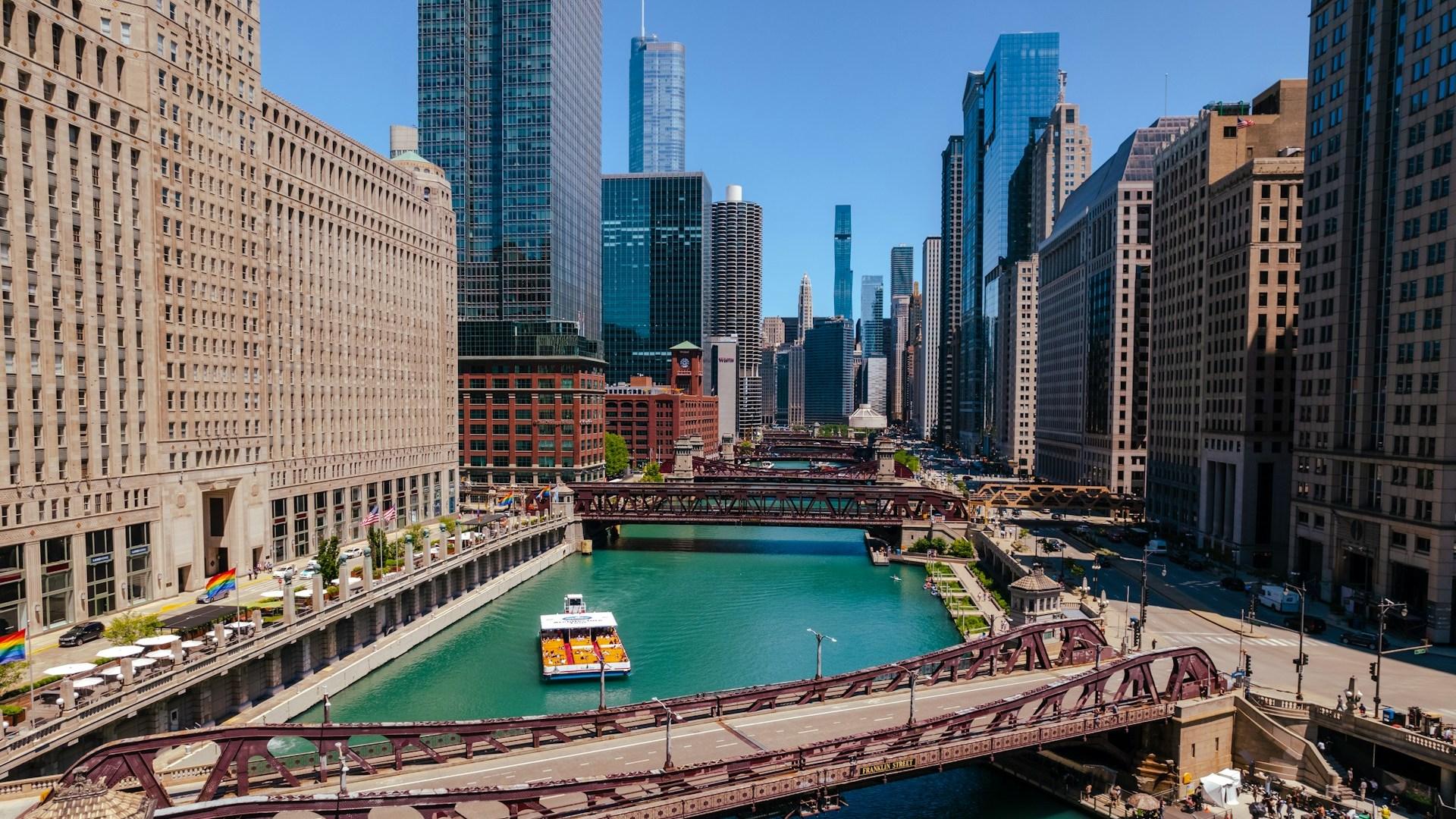
The study was performed in Illinois and Texas and the average household income of the 1000 participants was $29000.
The recruits were taken from rural and urban areas, and 2000 ‘control’ participants were also recruited to the trial. The controls received a participation incentive of $50.
Proposed Benefits of UBI
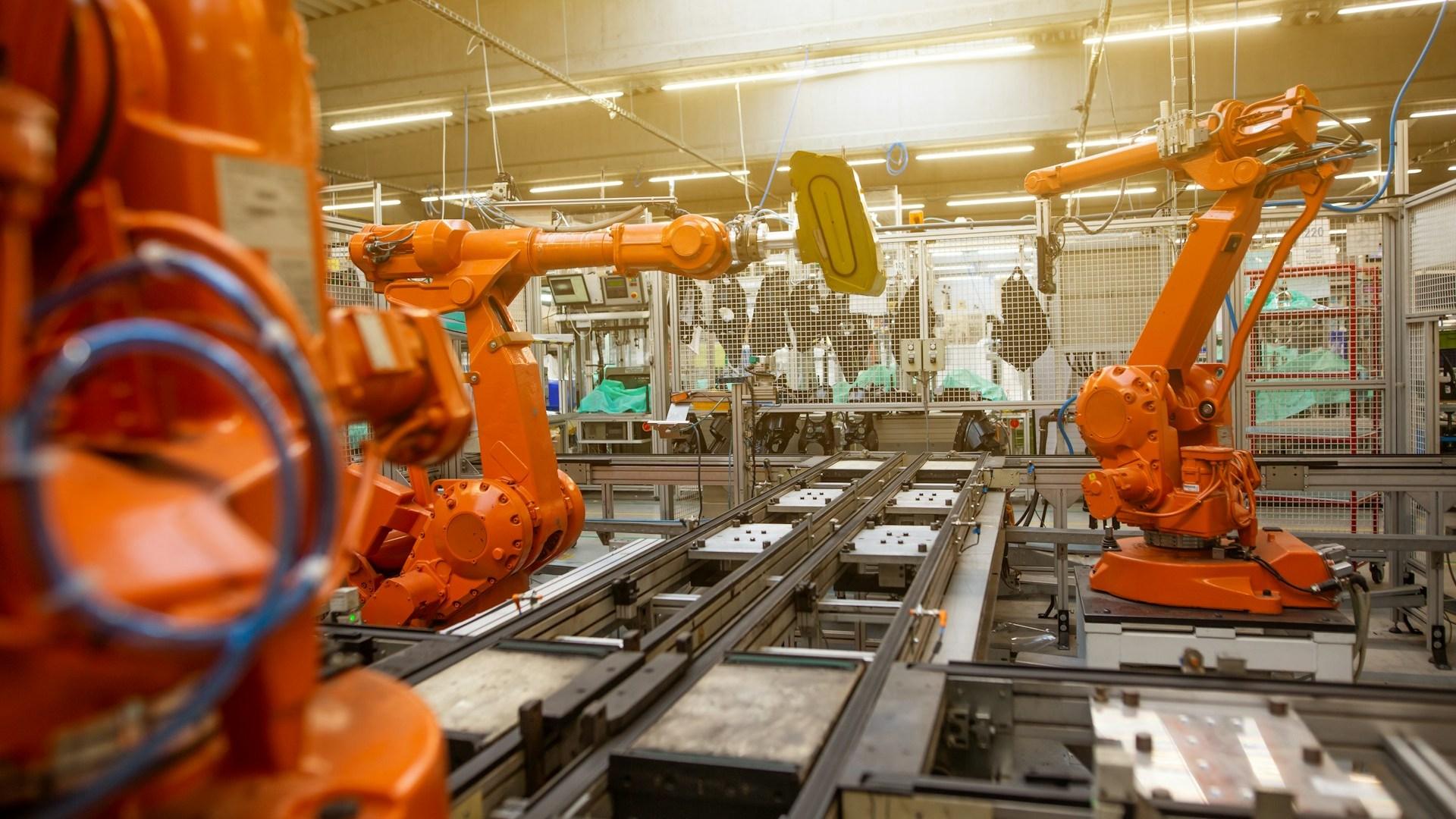
UBI is hoped to alleviate some of the most common issues associated with poverty, including ill health, poor nutrition, and unhealthy behaviors.
It has been argued by leading figures in the tech industry as a means for combatting the loss of jobs expected from economies with increasingly automated workforces.
Tech Thumbs Up
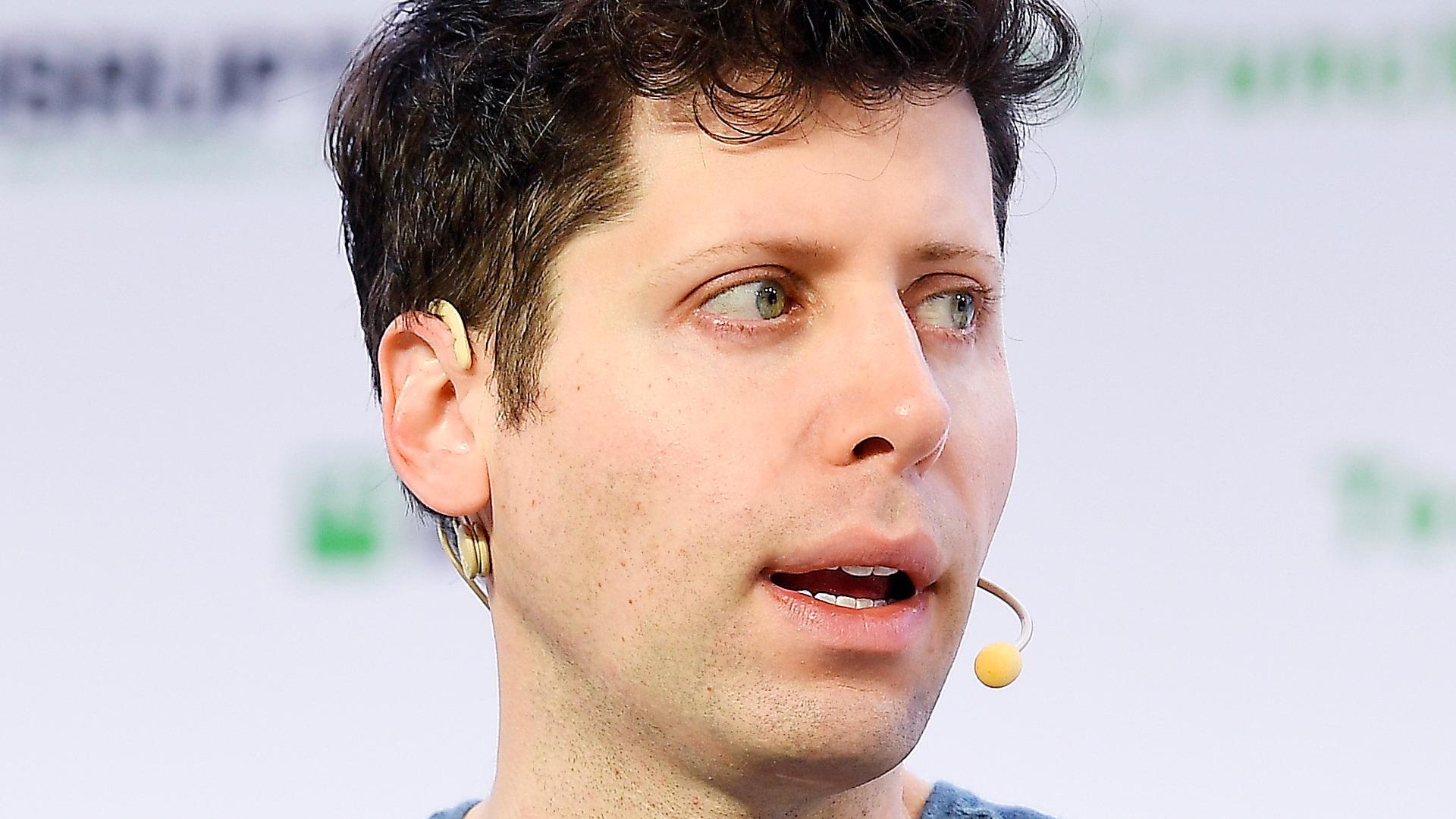
The research was backed by Sam Altman, Founder and CEO of OpenAI, who said back in 2016 that he was “intrigued” by the concept of UBI, but questioned the lack of data on its effectiveness.
Elon Musk is another supporter of UBI, and is particularly concerned by the effect of automation. He once said: “I think ultimately we will have to have some kind of universal basic income (UBI). I don’t think we’re going to have a choice.”
Must Be Unconditional
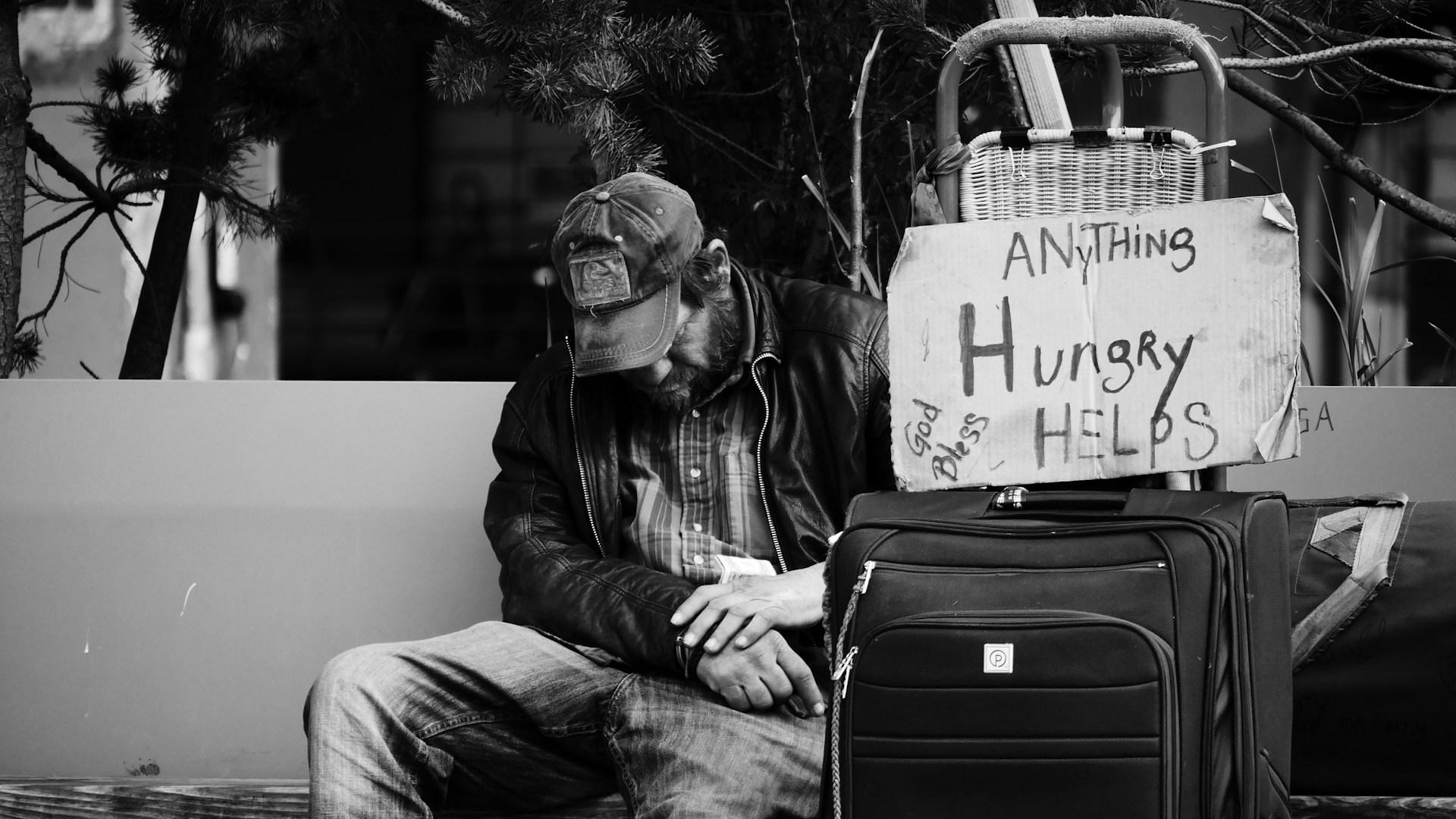
One of the key components of the idea that separates it from more traditional welfare states is that UBI is not tied to any sort of conditions.
It is argued that this will drastically reduce the administrative burden of the welfare state (some suggest saving more than the cost required), and reduce resentment over government “hand-outs” being exclusive to particular groups.
Cash Not a Magic Fix

However, cash alone is not able to fix every social issue facing those in poverty.
It is still reliant on how the cash is used by recipients. For example, it is not able to solve underlying health issues.
Increase in Spending on Essentials
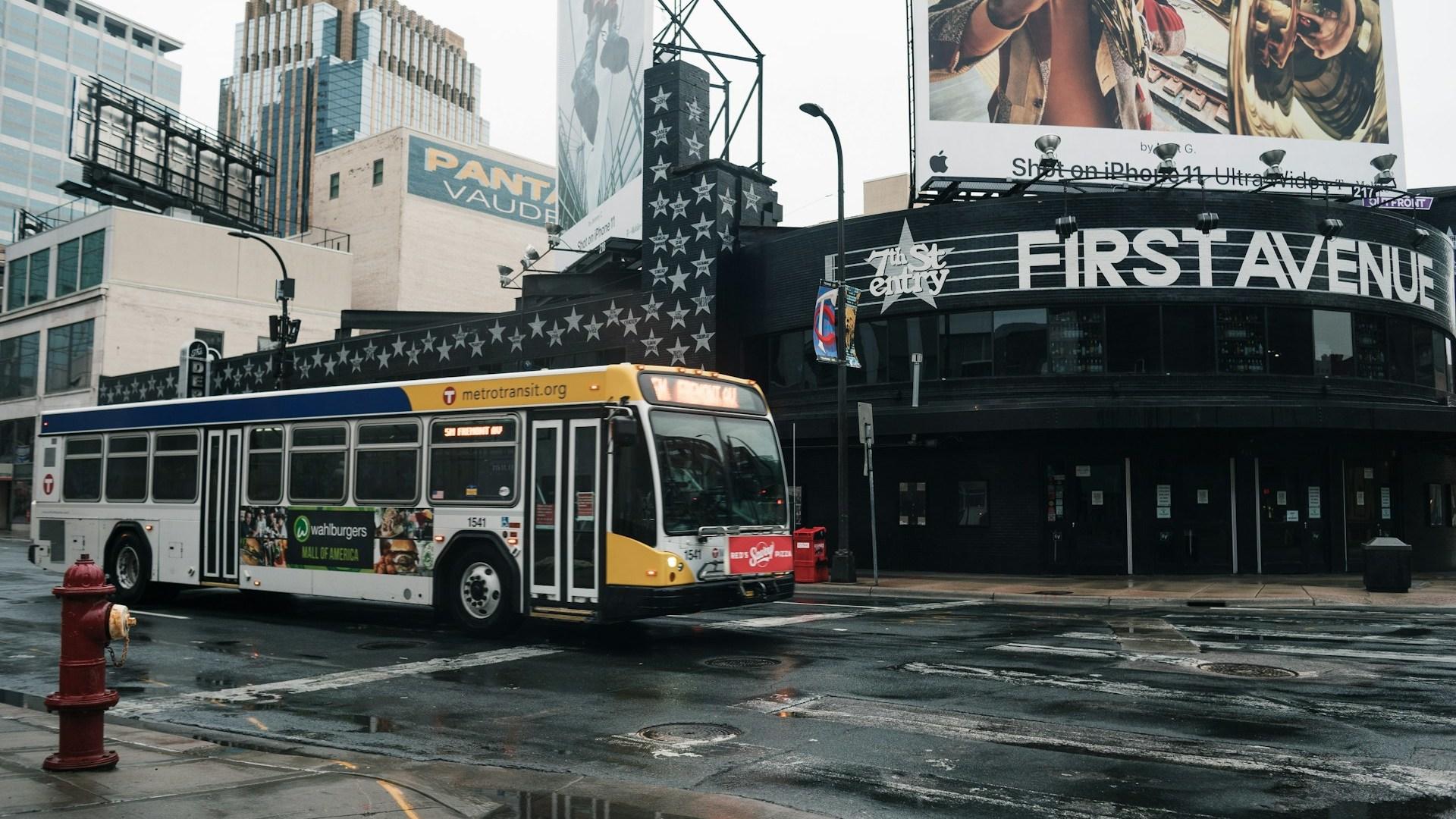
The participants in the study were found to have shown increased spending on essentials, such as housing, food and transportation.
They also cut down on alcohol overconsumption and took fewer unprescribed painkillers.
Not All Good
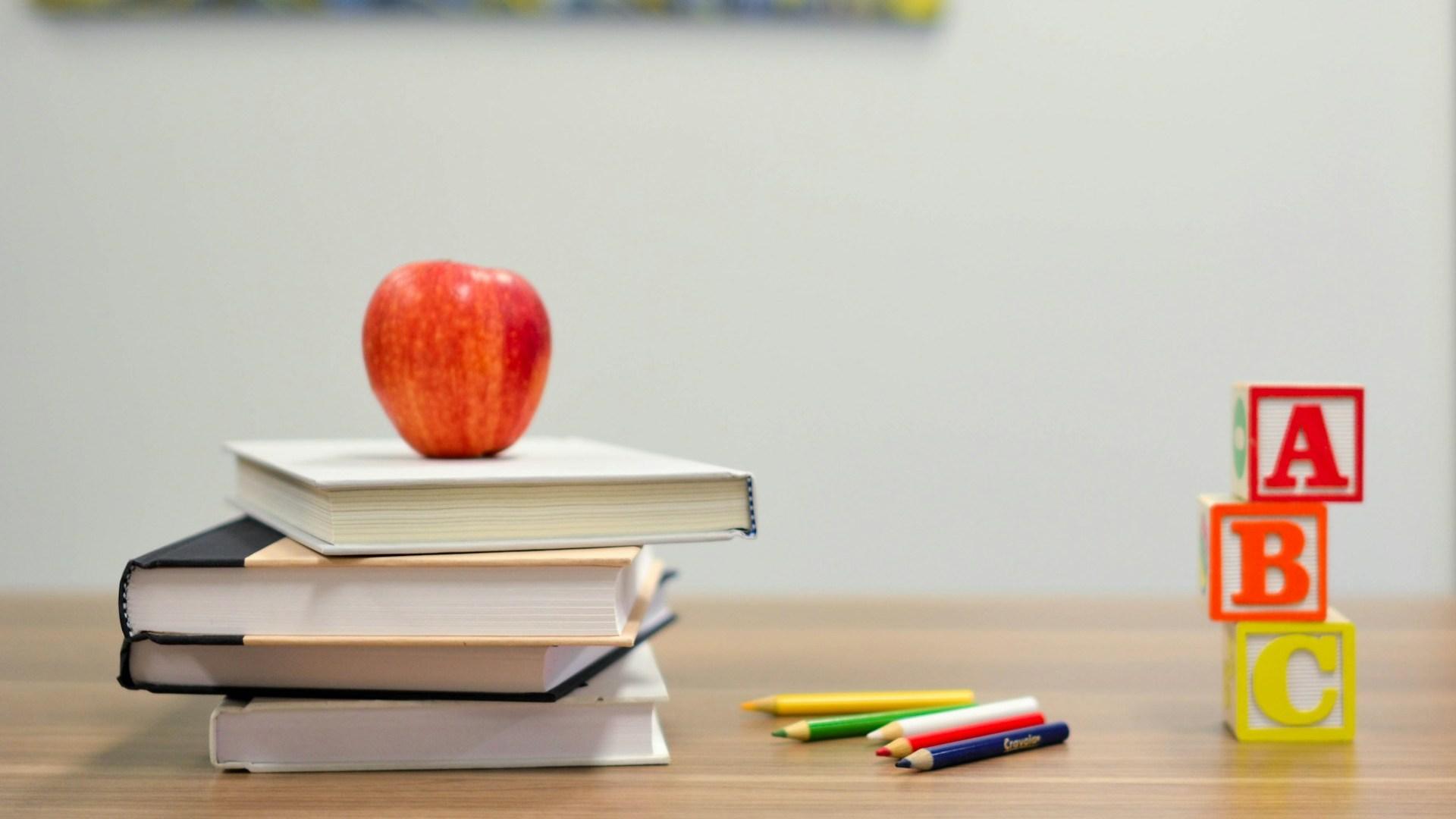
The UBI trial did not show improvements in every area studied, however, as selected participants did not show increased educational attainment and were not more likely to start a business in comparison to the control group.
But they did show increased mobility, with a significant increase in likelihood to move house or neighborhood.
More Free Time

Participants selected for the $1000 also worked fewer hours on average, with an over an hour a week average reduction in working hours in comparison to the control.
This manifested as participants working more flexible jobs, or taking fewer hours to spend more time caring for children.
Cash Works, But How?
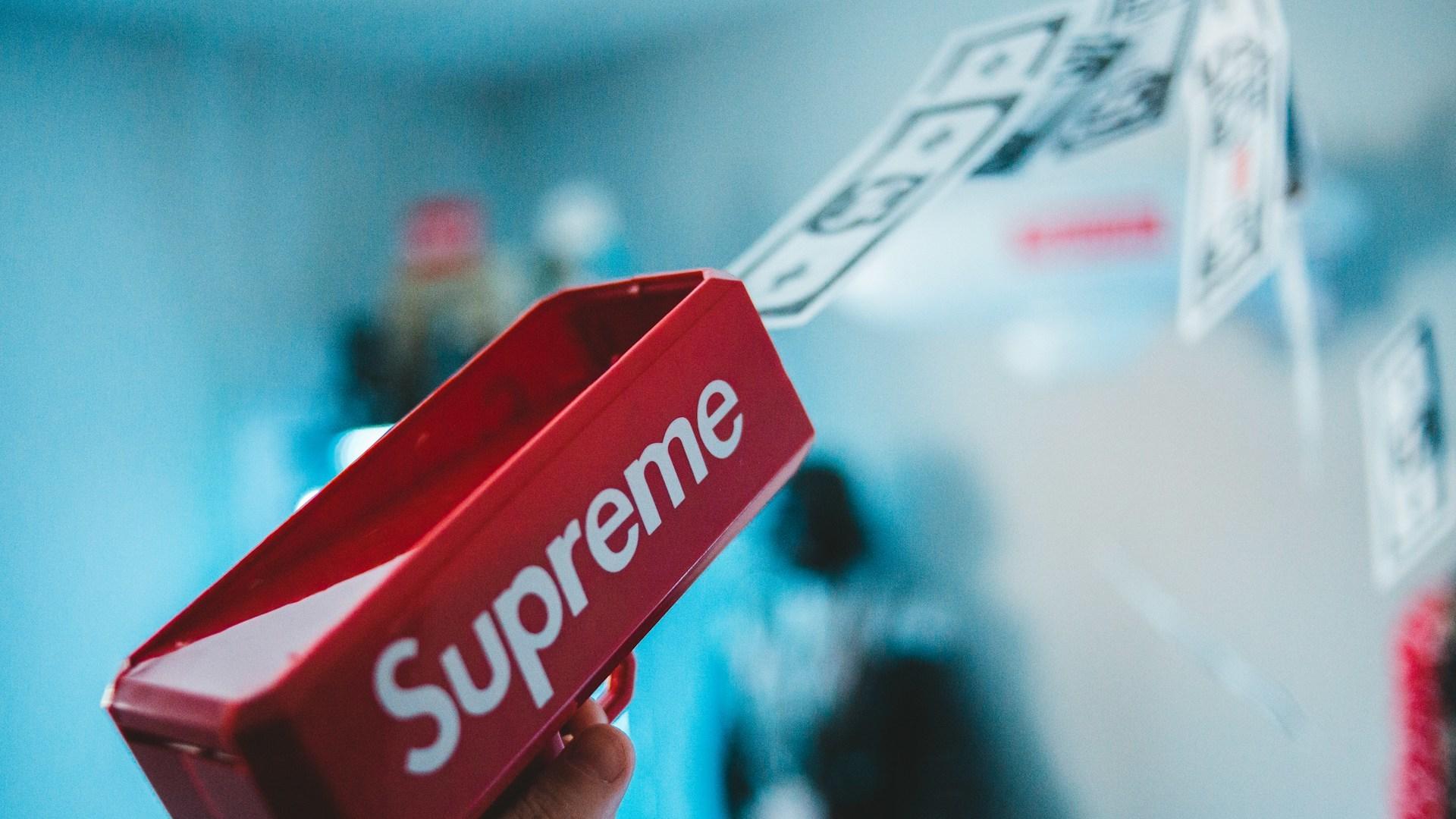
Elizabeth Rhodes, research director at OpenResearch, who conducted the research, says she is often asked if cash works for those in poverty.
She says: “That question is the same as saying like, does food work? Of course, cash works. But those aren’t the key questions that we need to be asking. It’s: When and where does it work? And what else can best support people?”


